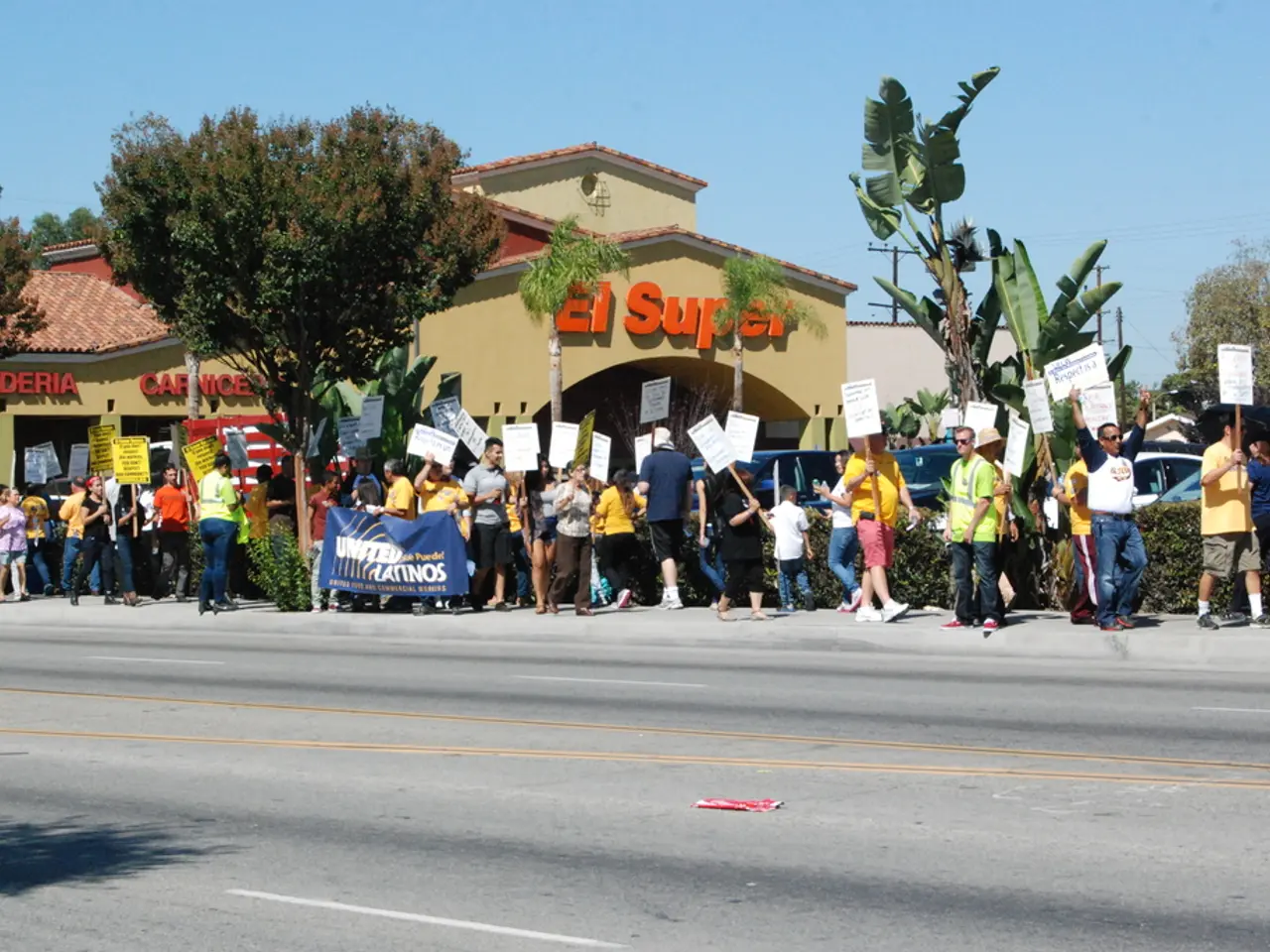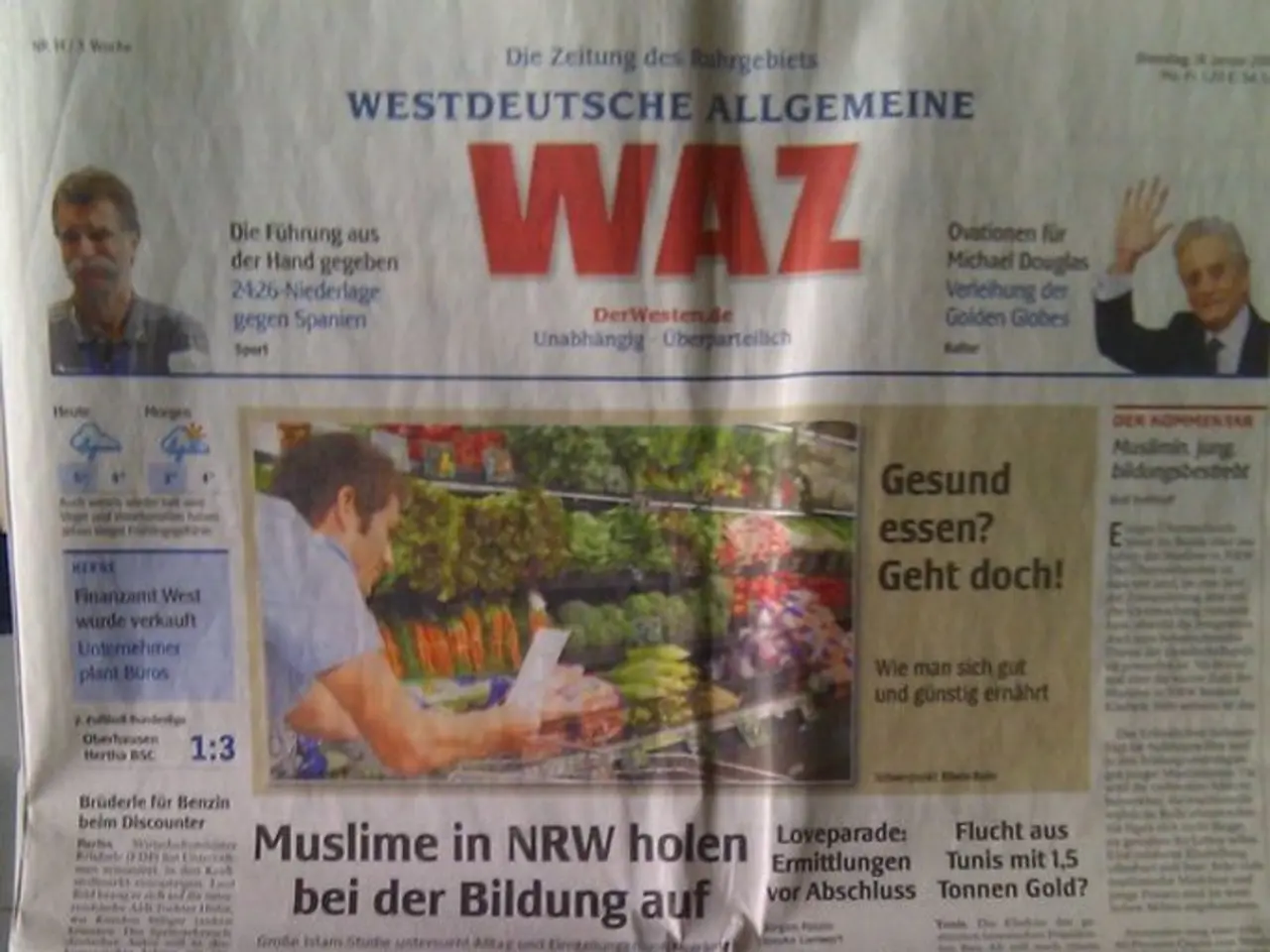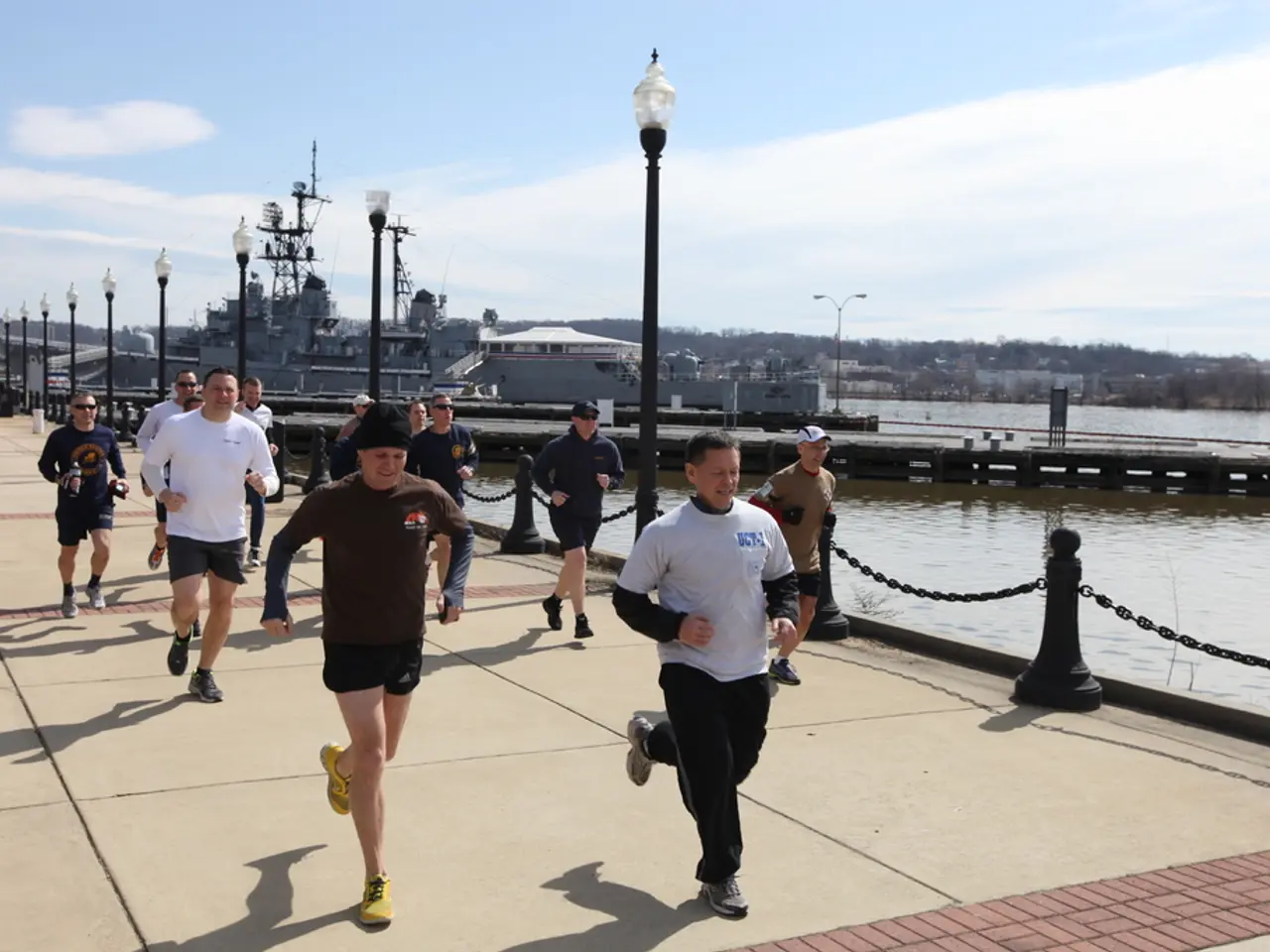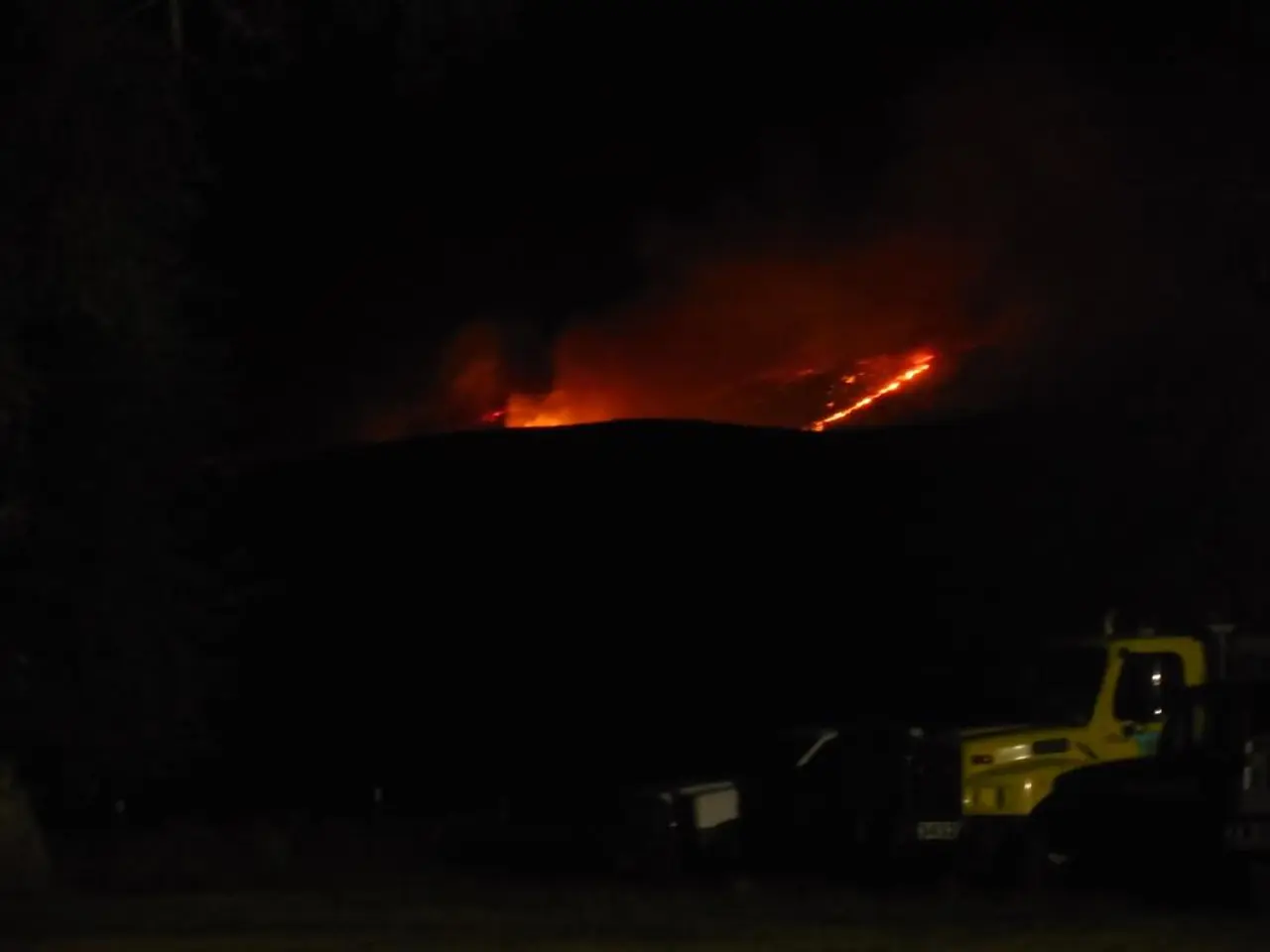Political Parties, Chavismo, and Opposition Group Encourage Voters to Active Participation during Closing Campaign Efforts Before Local Elections
2025 Venezuelan Municipal Elections: PSUV and Allies Secure Majority, Opposition Holds Key Urban Municipalities
The 2025 Venezuelan municipal elections, held on July 27, saw the election of 335 mayors and 2,471 municipal councilors across the country. A total of 36 national and 10 regional parties participated in the elections, with the ruling coalition, the Great Patriotic Pole (GPP), being one of them.
Key candidates and contests included Carmen Meléndez, running for re-election as mayor of Libertador municipality in Caracas, a stronghold of the United Socialist Party of Venezuela (PSUV) since 2000. Meléndez won with a historic 86% of the vote in her previous term.
The ruling socialist coalition won a decisive victory, securing around 280-285 mayoralties, representing about two-thirds of municipalities, indicating a continuation and strengthening of socialist control nationwide. Opposition parties retained control over around 50 municipalities, mainly in wealthy areas of East Caracas, including Chacao and Baruta municipalities, where Gustavo Duque and Darwin González (Fuerza Vecinal) won new terms, and Fernando Melena (Ecological Party) won El Hatillo.
The opposition remained divided, with some far-right factions advocating abstention; however, fragmented opposition alliances managed to directly contest and retain some strongholds.
In the Libertador municipality, Meléndez faces five other candidates, with Jorge Barragán of Alianza del Lápiz attracting the most media attention. In Maracaibo municipality, Zulia, Adrian Romero Martinez is running on the UNT and Unión y Cambio (Única ballot) after Rafael Ramírez Colina's arrest. Vicente Vázquez, backed by Fuerza Vecinal and Un Nuevo Tiempo (UNT), is running against Lara in the Iribarren municipality. Incumbent Manuel Ferreira (Fuerza Vecinal) and Sergio Ramos (independent) are also running in Diego Bautista Urbaneja municipality. Chavismo is hoping to regain control of Maracaibo by backing former Maracaibo mayor Giancarlo Di Martino (2000-2008).
The elections were framed by the ruling party as the final step in the political and social transformation of Venezuela. National Assembly President Jorge Rodríguez emphasized the importance of every vote. Over 21.6 million eligible voters and more than 15,000 polling stations were involved in the process. A concurrent youth-focused popular consultation was also held to promote community initiatives.
The elections on July 27 marked the culmination of Venezuela's electoral cycle, following last year's presidential election and recent legislative and regional races. The legislative and regional races, like the upcoming municipal vote, have yielded favorable outcomes for the ruling PSUV and allied organizations. The elections will determine the mayors and municipal councillors of Iribarren, Bolívar, Diego Bautista Urbaneja, and Sotillo municipalities.
- The topic of migration, particularly from Venezuela, could potentially increase due to ongoing war-and-conflicts and general-news events, causing policy-and-legislation changes related to refugees and immigration in various countries.
- The political landscape in Venezuela, following the 2025 municipal elections, might influence crime-and-justice and accidents, such as car-accidents, as political rivalries intensify or calm down, or due to increased protests and unrest.
- The fragmented opposition alliances in Venezuela, highlighted after the 2025 municipal elections, may lead to controversies and disputes, potentially causing fires, especially during campaign rallies or political protests.
- moments of opposition unity during elections could also spark hope for legislation reforms, aiming to address longstanding issues like corruption and inefficiencies, leading to improvements in overall governance and reducing accidents and crimes in the country.





